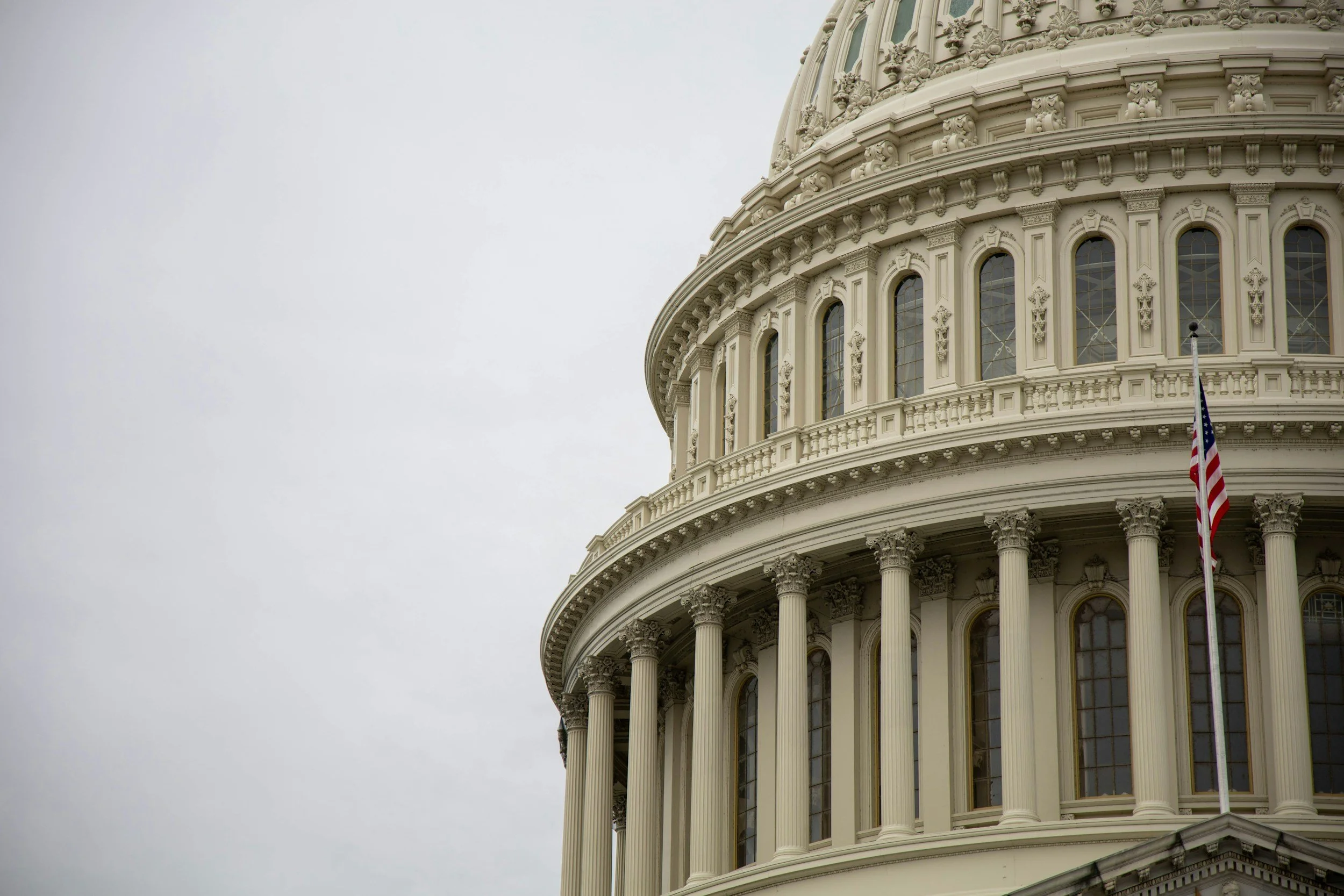On October 5, 2022, the Fifth Circuit Court of Appeals partially upheld a July 2021 district court decision finding that the original DACA program (established in 2012) was unlawful; however, the Fifth Circuit sent the case back for the district court to consider the Department of Homeland Security’s new 2022 DACA regulation, set to take effect at the end of this month. As a result of this ruling, existing DACA recipients retain their grant of DACA and are allowed to reapply for (and receive) renewal, but the government cannot grant new DACA applications. The Fifth Circuit reasoned that a district court is in the best position to review the administrative record in the rulemaking proceeding and to determine whether the court’s holdings as to the 2012 DACA memorandum fully resolve issues concerning the 2022 final rule. USCIS will continue to accept and process DACA renewal requests, and continue to accept but not process initial DACA requests.
The court ruling does not affect ICE’s enforcement policies. Like the earlier district court ruling, the appeals court ruling does not require DHS or the Department of Justice to take any immigration, deportation, or criminal action against any DACA recipient, applicant, or any other individual that it would not otherwise take.
Reminders for DACA Recipients and Employers:
DACA recipients with current, unexpired Employment Authorization Documents (EADs) continue to be authorized to work.
Workers who already have DACA can continue to renew their DACA EADs.
DACA recipients are not required to tell employers they have DACA.
Employers are not required or encouraged to ask their employees or job applicants about their immigration status or whether they have DACA.
Federal laws such as the Immigration and Nationality Act, Title VII of the Civil Rights Act of 1964, and 42 U.S.C. § 1981 protect employees from employment discrimination based on several factors, including their citizenship, immigration status, national origin, and race. State and local laws may offer additional protections to workers.
Firing employees who have the legal right to work, such as DACA recipients with EADs, based on their immigration status, national origin, or assumptions about these characteristics may violate federal, state, or local law.
This remand heightens the urgency for Congress to act immediately and protect Dreamers permanently.






